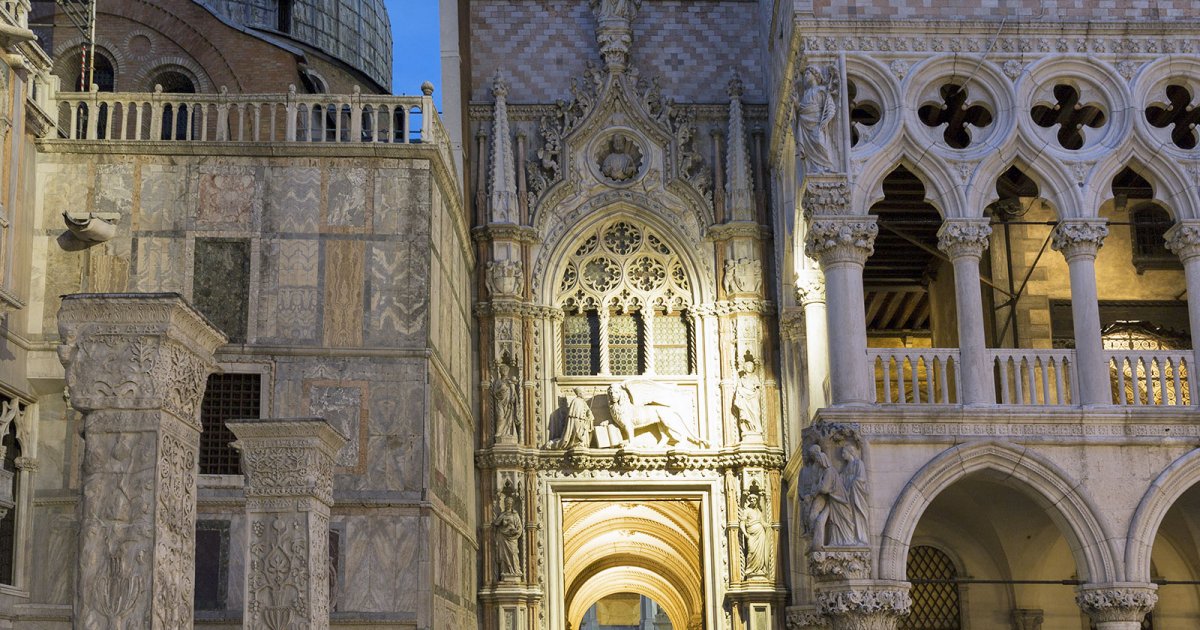Doge Francesco Foscari
 Language: English / USA
Language: English / USA
Francesco Foscari, the 65th Doge of Venice, ushered in an era of remarkable political complexity. His extensive dogeship, from 1423 to 1457, was the longest in Venetian history, spanning over 34 years. During his reign, Venice achieved unprecedented territorial expansion, uniting under common legislation the entire Veneto, Friuli, and much of Lombardy.
Foscari's governance period was marked by continuous wars, including the "Wars of Lombardy" against the Duchy of Milan and clashes with the Turks, who had taken Constantinople in 1453. Internal struggles among the great Venetian families, natural calamities, and the plague left their mark on his reign.
His political career began early, and the deaths of his father and uncle paved the way for his ascent. Despite victories in wars and territorial acquisitions, his rule was marked by controversies and suspicions, including conflicts with the condottiero Carmagnola and the machinations of the Council of Ten.
Towards the end of his reign, Foscari faced the tragic vicissitudes of his son Jacopo, accused of treason and embroiled in scandals. These events led to calls for resignation by the Council of Ten in 1457. The Doge, already elderly and weakened, was forced to abdicate. His death on November 1, 1457, closed a significant chapter in Venice's history. Despite historical events, Foscari contributed to the rebirth of Venice, remodeling the Ca' Foscari on the Grand Canal and supporting important cultural and construction projects.


